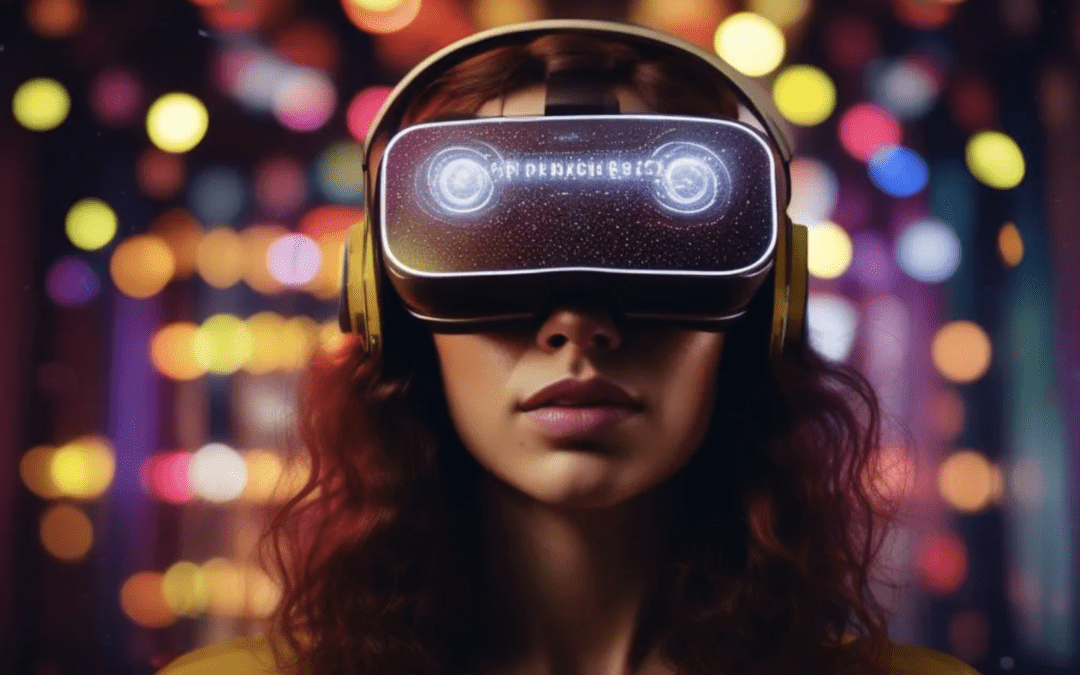Hello KSKOers
I’m really lucky that from time to time, I get to collaborate with amazing thinkers from around the globe! This time, I’m joined by Juan Gonzalez. I caught up with Juan to discover more about learning, unlearning, experiential learning, self-awareness and the future of the world of work. The ninth direction of my Self-Aware Leadership Compass is experience (i.e. experiential learning) so it seemed like an excellent learning opportunity to catch up with Juan! Check out our interview below.
Looking forward to having you on our learning journey!
Nia

Who’s Who?
Juan is the main writer of the Supercharged Learning newsletter and creator of the upcoming TAPA project, aimed at making AI models accessible to the public. With a computer science degree and experience in web development, technical mentoring, and online education, he leverages his diverse skills to share insights across fields. He’s committed to transforming how professionals up-skill and re-skill through technology and effective education.
Nia: What motivated you to create resources for unlearning and relearning? And what is unlearning anyway?
Juan: It’s all part of the process that I’ve been on for the past decade. I realised that effective learning starts with a solid foundation instead of putting new material on a shaky ground. We can think about unlearning as a process where we remove the conditioning & outdated mindsets we got from school or our upbringing. Only when we remove those, we’ll have room for empowering beliefs and a growth mindset.
Nia: The 9th direction of my self-awareness compass is experiential learning, which is both about developing opportunities for yourself to gain experiences and also sharing that learning with others. What are your thoughts and experiences of experiential learning?
Juan: This is a topic I could talk about for hours. Most of the learning comes when the theory is applied in the real world. Absorbing knowledge “feels” like progress because we’re “less ignorant” than before. But without using it, it becomes a busy space both in our brains and our pc’s hard disk. I’ve been guilty of “too much info, little practice” many times. And what I’ve shared with close friends and mentees is that it’s more beneficial to err on the side of “too much practice” instead of “too much theory”. Also, there’s a recent post I wrote on the proportion between these two.
Nia: Share an example with us of when either you or someone you’ve worked with has unlearned and relearned a particular skill, which has turned out to be a game changer.
Juan: There’s a particular case a few years ago when, as part of a tech mentoring program, I had a group of high-school students whom I did weekly calls with. One of the boys showed great potential but did not stand out.
After talking to him for a while, I discovered that he had the mentality that he had to get it right the first time or else he would be a failure. Over the next few sessions I showed him that the opposite of what he thought was normal and that taking the results of an event as feedback without expectations would be more beneficial.
He went to become the teacher’s assistant the following year and then was accepted as an intern at the company where I started working as a developer.
Nia: Where does self-awareness fit in the journey of unlearning and relearning?
Juan: Self-awareness is a ‘key part’ in that journey and I don’t use that term often. I would even say that without self-awareness unlearning & relearning becomes impossible.
To start the journey, one needs to….

